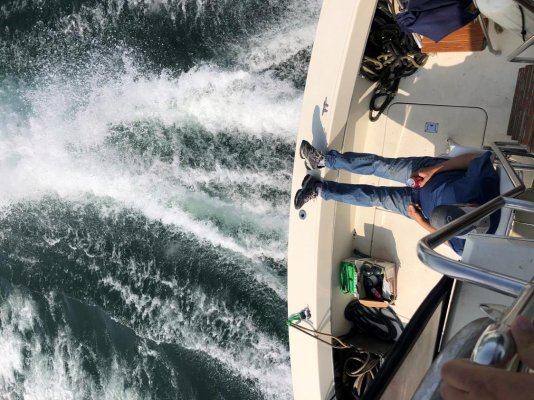sbu22
Guru
- Joined
- Mar 16, 2011
- Messages
- 1,253
- Location
- US
- Vessel Name
- Panache
- Vessel Make
- Viking 43 Double Cabin '76
Again, for the cost of CO (and smoke) detectors, why take the chance?
CO exposure is a classic "low probability - high consequence" event. In 12 years, my 43' gasser with 4 interior smoke/CO detectors has never had a CO trigger - legitimate or not. In my business, I have access to calibrated reference CO gas mix - never an issue with the CO channel when checked annually. The smoke detectors seem to get wonkey at the 2-3 year mark (high RH environment?), so I replace them all at that interval. For an amortized cost of $75-80/year, well worth it.



